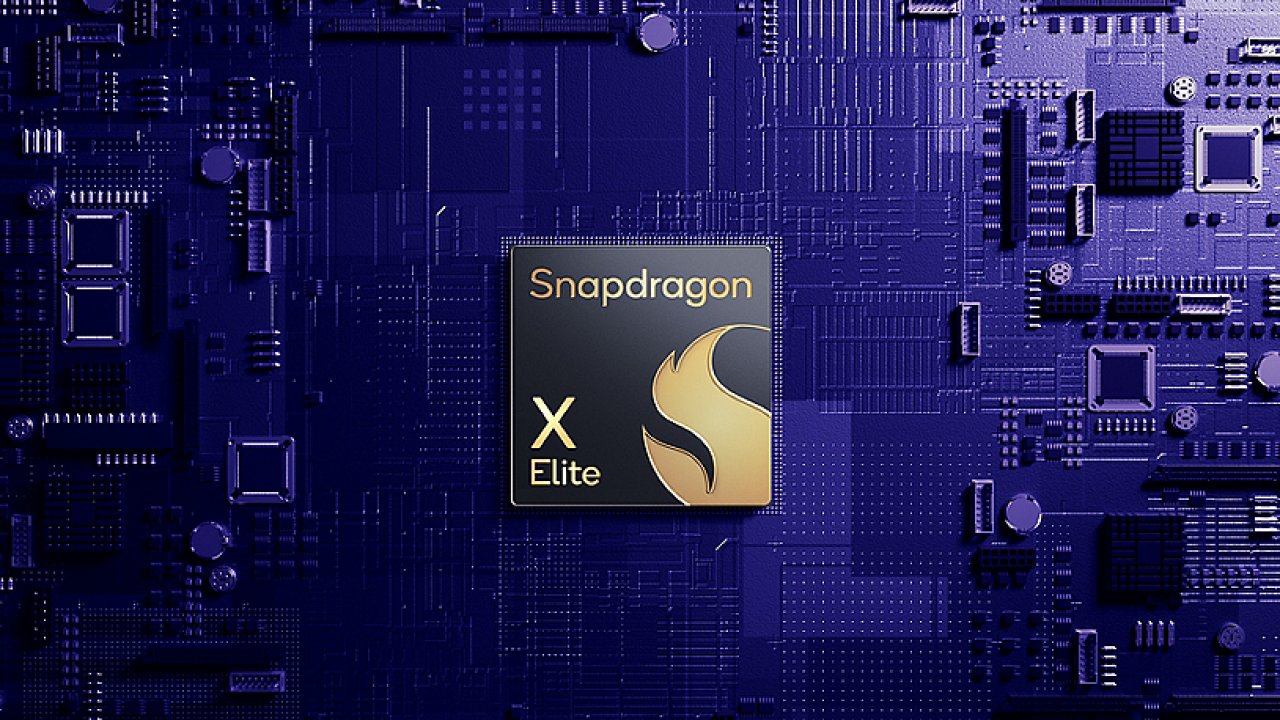Revolutionizing Battery Life: The Future of Apple’s M1 Chips
In a recent article, it was revealed that Apple is set to release a new generation of M1 chips that promise to revolutionize the way we use our devices. These new chips are said to be more efficient and offer significantly longer battery life compared to their predecessors. This news has sparked excitement among tech enthusiasts and consumers alike, as the prospect of longer-lasting devices is always a welcome one.
The decision to focus on a single version of the M1 chips for both tablets and laptops is a strategic move by Apple. By streamlining their product lineup, they are able to cater to a wider audience and ensure a consistent user experience across all devices. The shift towards ARM architecture is also a smart move, as it offers improved efficiency and performance, ultimately leading to better battery life.
Microsoft, on the other hand, is not far behind in the race for better battery life and performance. With the rise of artificial intelligence and the demand for more power-efficient devices, all PC manufacturers are looking to innovate and stay ahead of the curve. Qualcomm, in particular, has been making strides with their new Snapdragon X processors, promising both performance and efficiency.
As we look towards the future, it’s clear that battery life will continue to be a key focus for device manufacturers. The ability to offer longer usage times without compromising on performance is a game-changer for consumers. With Qualcomm and other companies pushing the boundaries of what is possible, we can expect to see even more advancements in the coming years.
In conclusion, the future of battery life looks bright with the upcoming M1 chips from Apple and the innovations from Qualcomm and other manufacturers. As technology continues to evolve, we can look forward to devices that not only perform better but also last longer on a single charge. The revolution in battery life is just beginning, and we can’t wait to see what the future holds.
Microsoft’s Revolutionary Move: Embracing ARM Architecture in New Surface Devices
Microsoft is set to shake up the tech world with its latest announcement of new Surface devices that will feature ARM architecture processors, similar to the ones found in Apple’s M-series chips. This bold move comes as Microsoft aims to streamline its product lineup, focusing on efficiency and performance.
Unlike previous generations, the new Surface tablets and laptops will not have separate versions for consumer and business users. The decision to switch to ARM architecture is driven by the superior efficiency it offers, allowing the new devices to deliver significantly longer battery life on a single charge.
With the support of artificial intelligence and a focus on reducing power consumption, Microsoft is positioning itself to compete with other PC manufacturers in the market. The promise of extended battery life coupled with impressive performance gains is sure to attract customers looking for a reliable and powerful computing experience.
Qualcomm’s Role in the Evolution of PC Processors
Qualcomm, a key player in the mobile processor market, is also making strides in the PC industry with its new Snapdragon X processors. These chips promise to deliver exceptional performance while maintaining energy efficiency, setting a new standard for PC processors.
As the industry shifts towards more power-efficient and intelligent computing solutions, Qualcomm’s innovations are poised to revolutionize the way we use and interact with our devices. With a focus on performance, efficiency, and battery life, Qualcomm is paving the way for a new era of computing.
Looking Towards the Future
As technology continues to evolve, the collaboration between hardware manufacturers and chip designers is crucial in driving innovation and pushing the boundaries of what is possible. Microsoft’s decision to embrace ARM architecture in its new Surface devices is a testament to the company’s commitment to delivering cutting-edge technology to its customers.
With Qualcomm leading the charge in developing next-generation processors, the future of computing looks brighter than ever. As we move towards a more connected and intelligent world, the possibilities for innovation are endless, and the potential for transformative change is within reach.


